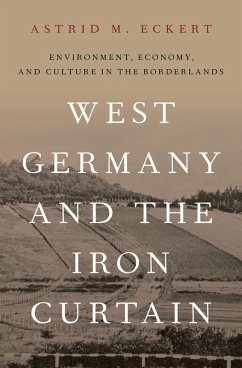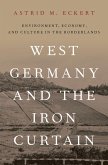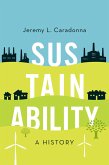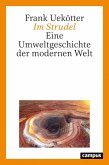West Germany and the Iron Curtain takes a fresh look at the history of Cold War Germany and the German reunification process from the spatial perspective of the West German borderlands that emerged along the volatile inter-German border after 1945. These border regions constituted the Federal Republic's most sensitive geographical space where it had to confront partition and engage its socialist neighbor East Germany in concrete ways. Each issue that arose in these borderlands - from economic deficiencies, border tourism, environmental pollution, landscape change, and the siting decision for a major nuclear facility - was magnified and mediated by the presence of what became the most militarized border of its day, the Iron Curtain. In topical chapters, the book addresses the economic consequences of the border for West Germany, which defined the border regions as depressed areas, and examines the cultural practice of western tourism to the Iron Curtain. At the heart of this deeply-researched book stands an environmental history of the Iron Curtain that explores transboundary pollution, landscape change, and a planned nuclear industrial site at Gorleben that was meant to bring jobs into the depressed border regions. The book traces these subjects across the caesura of 1989/90, thereby integrating the "long" postwar era with the post-unification decades. As Eckert demonstrates, the borderlands that emerged with partition and disappeared with reunification did not merely mirror some larger developments in the Federal Republic's history but actually helped to shape them.
Dieser Download kann aus rechtlichen Gründen nur mit Rechnungsadresse in A, B, BG, CY, CZ, D, DK, EW, E, FIN, F, GR, HR, H, IRL, I, LT, L, LR, M, NL, PL, P, R, S, SLO, SK ausgeliefert werden.









